Empowering vulnerable genocide widows
The project aimed to empower 400 vulnerable genocide widows and 1,200 of their dependents. It would alleviate the women’s poverty by giving them the skills, resources and confidence to generate income. The women were to be trained and form Income Generating Activity (IGA) groups, develop viable businesses, and access capital to set up and scale businesses. The women would also receive counseling support. Elderly widows and those affected by HIV were to be trained in subsistence gardening and provided with solar lamps and clean cook stoves.
The project significantly exceeded the number of beneficiaries targeted to reach despite the challenges over the past year resulting from COVID-19. 770 vulnerable genocide widows received livelihoods and counseling support. The most vulnerable 346 of them also received either a solar lamp, clean cook stove or kitchen garden. As a result, 2,606 dependents benefited from the project through the increased income, well-being and food security of the households. Distribution of kitchen gardens, solar lights and cooking stoves resulted in improved food security, and reduction in household expenditure on fuel, contributing to better health outcomes. 77% of beneficiaries reported that they were now able to financially support their families. Access to counseling resulted in a reduction in vulnerability resulting from poor mental health and more positive outlook contributing to improved well-being.
The Survivors Fund (SURF) is a British charity founded in 1997. It aims to help genocide survivors and their families rebuild their lives. For this project, SURF will be working with the local organisation: AVEGA AGahozo, the National association of widows of the genocide.
News
Testimonials
Empowering Vulnerable Genocide widows
Yamfashije Pauline is one of the “Empowering Vulnerable Genocide widows in Karongi and Rutsiro Districts to Alleviate Extreme Poverty” (EVKREP) program beneficiaries who has benefited from joining the project.Empowering vulnerable genocide widows
“I am very thankful to AVEGA and SURF for their contribution towards our lives. Before we used to sit down waiting for someone to come and help and support us, but things have changed since we joined the project and attended entrepreneurship training which has awakened our minds,” said Josephine.Empowering vulnerable genocide families
"Today I can say my life has changed since I joined this project. I am extremely happy as to what I have achieved since we started,” explains Byukusenge Jean de Dieu.Type
Education / Community DevelopmentDuration
May 2019 - March 2021Location
Karongi District / RwandaWith whom
The Survivors Fund (SURF)
Website
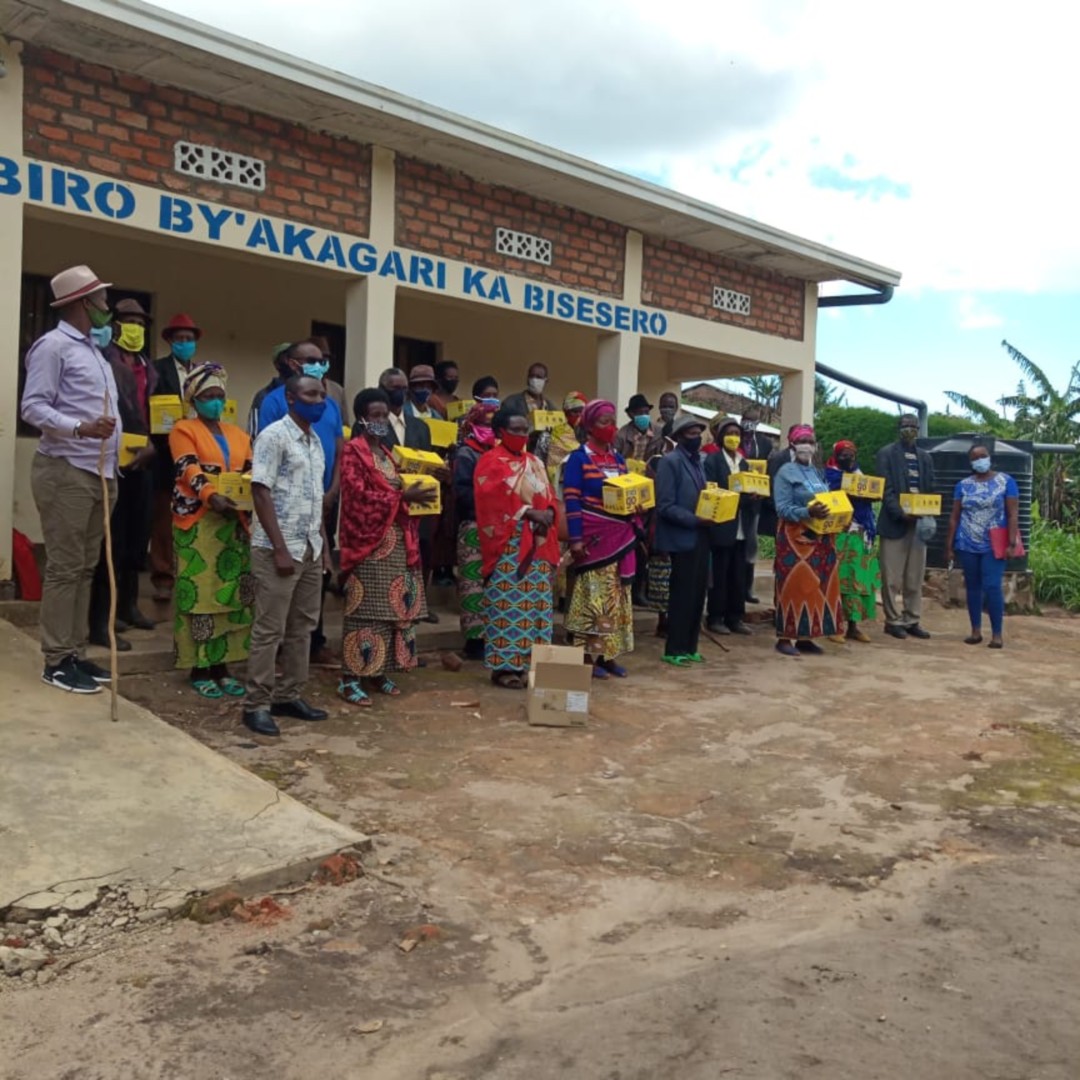
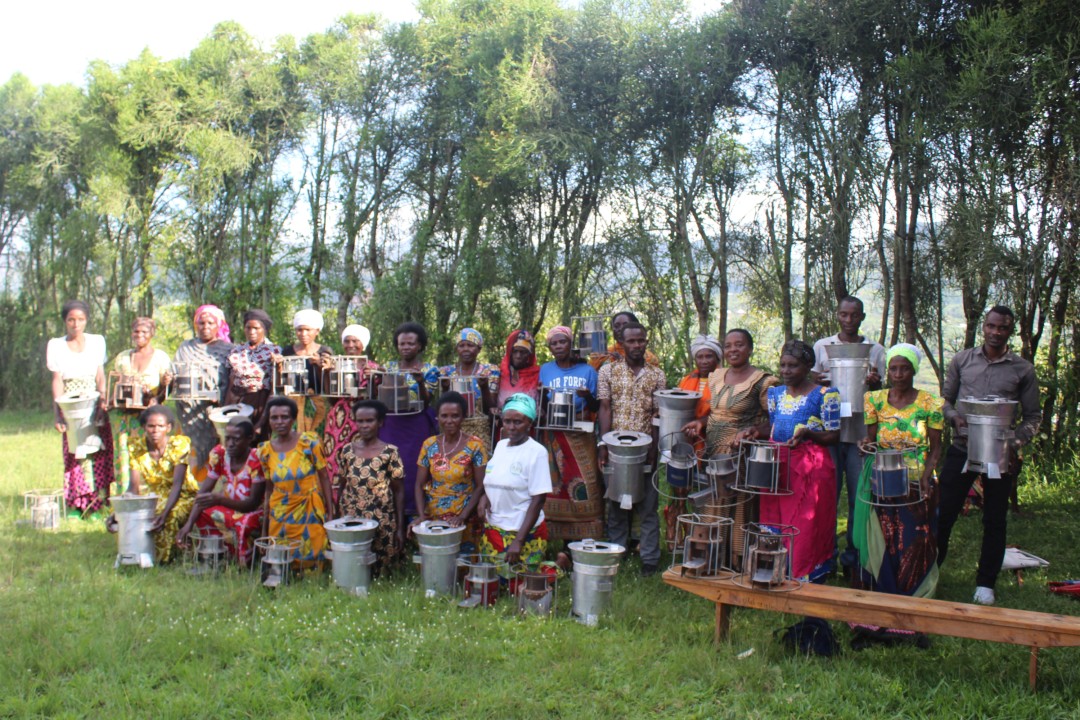
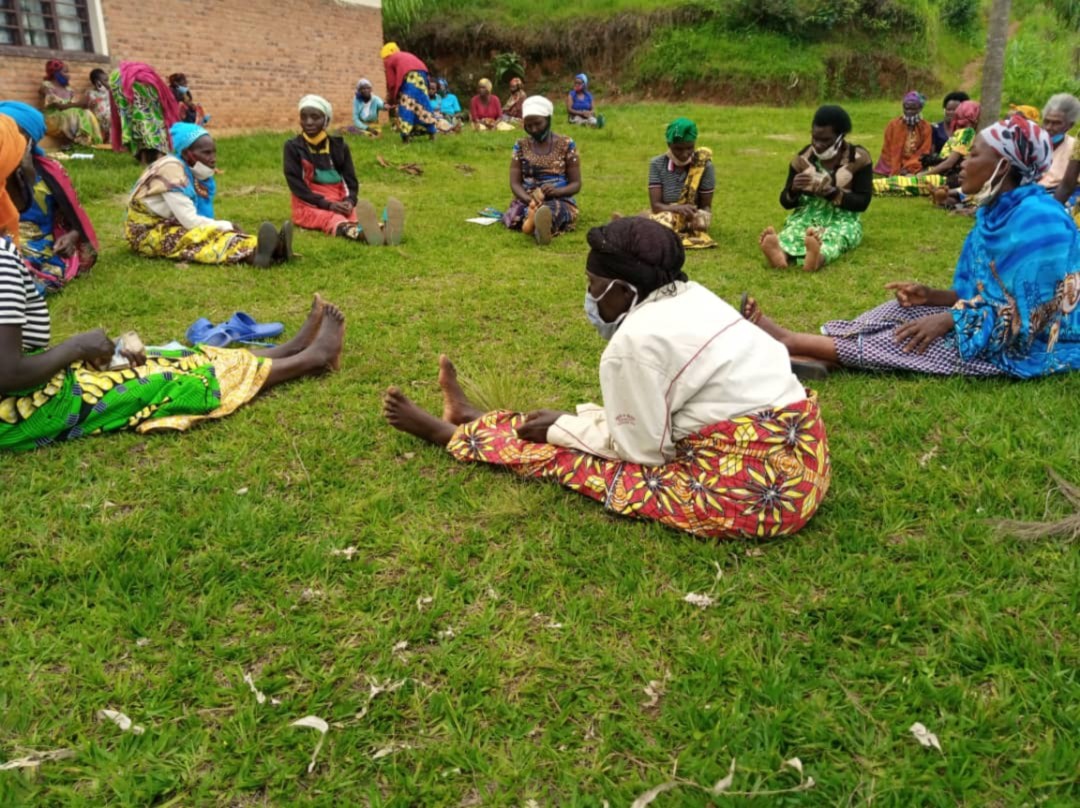
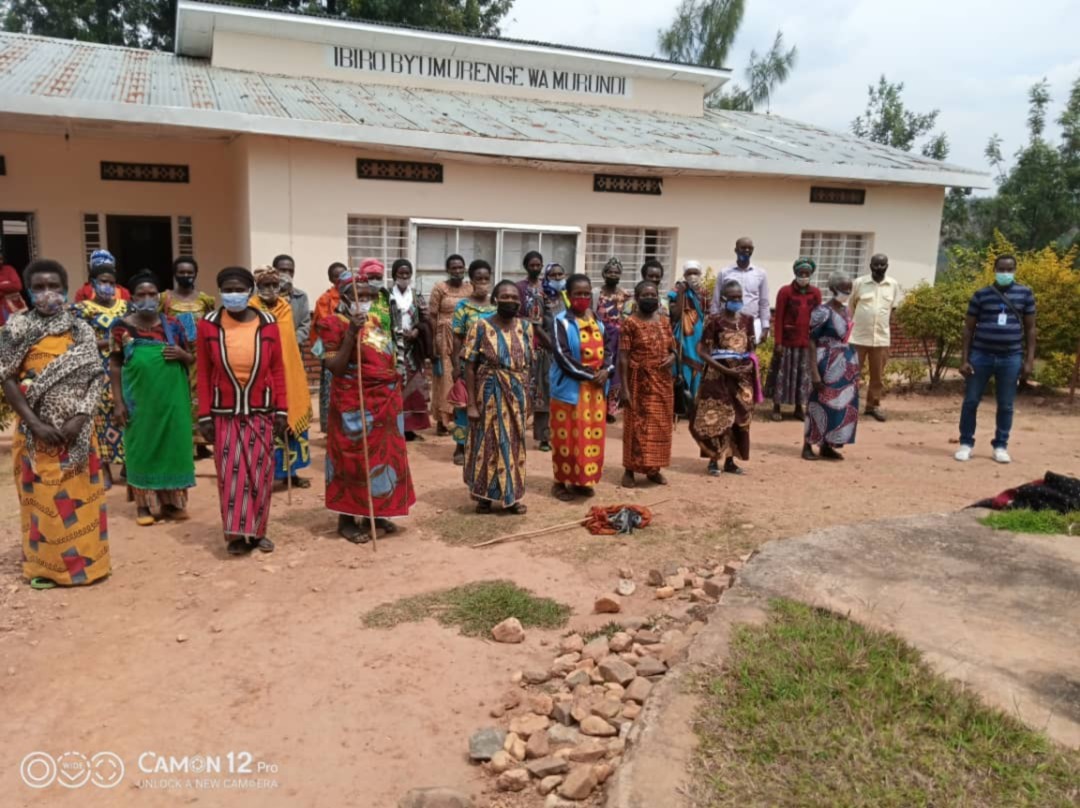
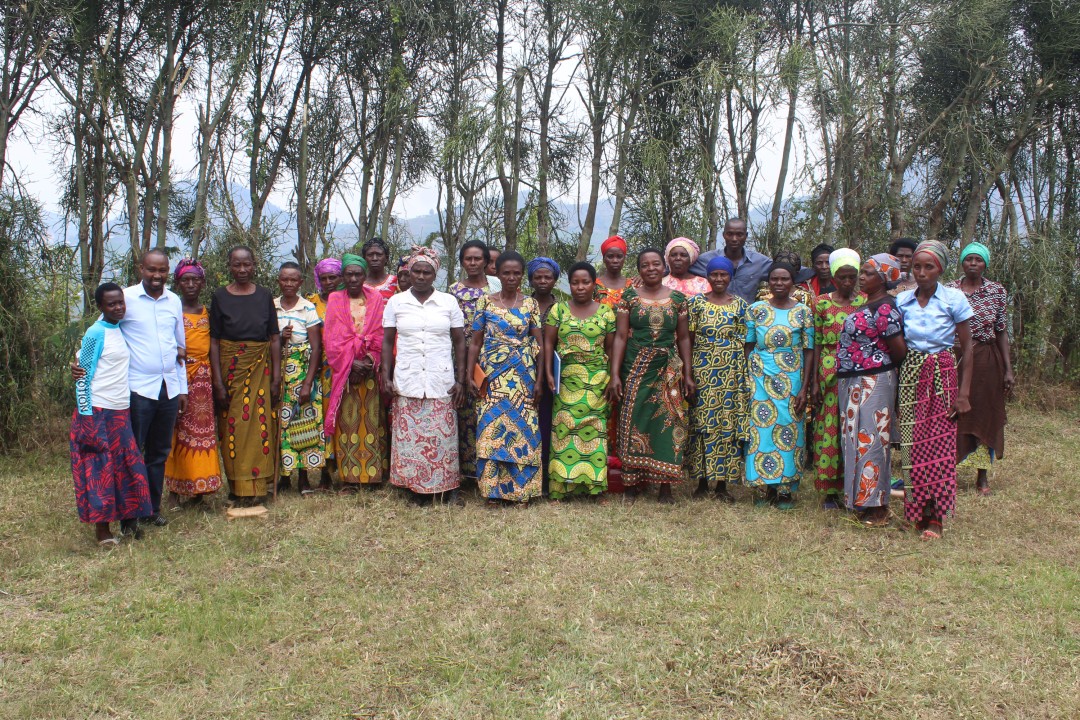

Rwanda
Population
12.2 million (2017)
Per Capita Income
USD 720/year (2017)
Poverty rate *
39% ( 2014)
Literacy rate
68%(2016)
Human Development Index
158th out of 189 countries (2018)
Rwanda has achieved impressive development progress, since the 1994 genocide and civil war. The percentage of people living under the poverty line has dropped from 57% in 2006 to reach 39% in 2014. There has been a two thirds drop in child mortality and near-universal primary school enrolment has been achieved. However, the HIV/AIDS epidemic still dominates Rwanda’s health profile, despite a decline in prevalence of diseases such as tetanus and malaria. Although rates of chronic malnutrition among children under five have improved and are down from 43% in 2012 to 37%, they remain high. Households headed by women or orphans make up 36% of the population.
Sources: World Food Program, UNICEF, World Bank, 2016 Human Development Report, Human Development Indices and Indicators (2018 Statistical Update)
*The percentage of the population living below the national poverty line.